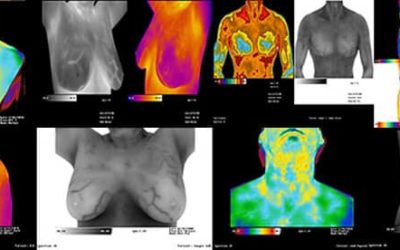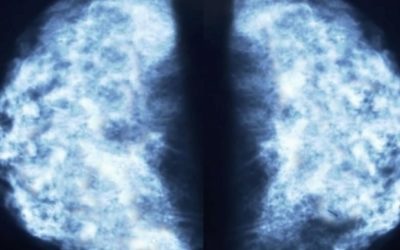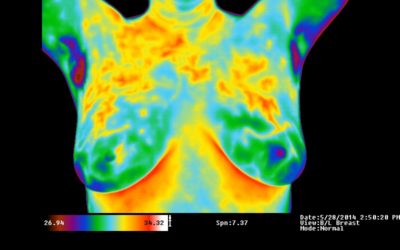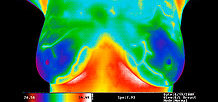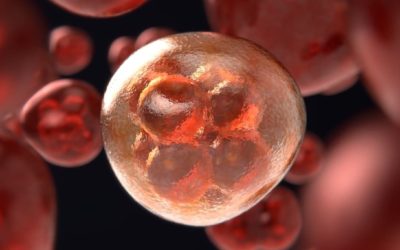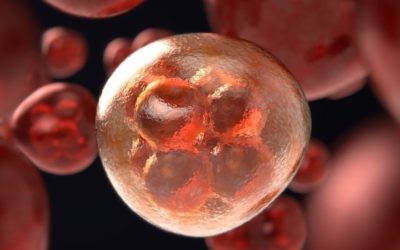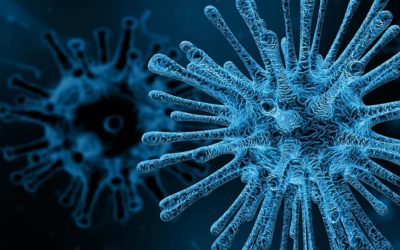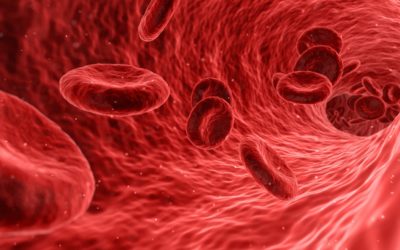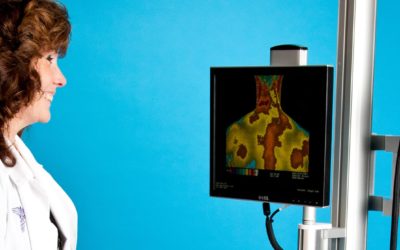Anatomy and Physiology
Physiology and anatomy are closely related fields within the biological sciences, yet they each have a very different focus on aspects of the human body. While anatomy deals with structure, physiology deals with function and the mechanisms that enable...
What is DCIS, and what is all the fuss about?
DCIS stands for Ductal Carcinoma In Situ, and describes abnormal cells inside the milk duct inside a breast. DCIS is considered non-invasive and can be found using mammogram screening - this means they appear like cancer cells. But are they cancer cells?...
What are dense breasts an why is it significant?
All breasts contain 3 different types of tissue - glandular, connective and fatty tissue. Breasts are considered to be more or less ‘dense’ depending on the relative amounts of these three tissues. Denser breasts contain a higher proportion of glandular...
A Brief History of Medical Thermography
Infrared technology and Medical Thermography (recording heat variation in physiological testing) have two separate histories, but they were brought together ultimately after centuries of scientific experiments. The first person to link body temperature to...
What is Angiogenesis, and why is it important?
You may have heard the term ‘Angiogenesis’ in your research, or even at one of your thermography appointments. It is a crucial concept and one that helps to explain how thermography works and its advantage. Angiogenesis is a normal and healthy process that...
Integrative Oncology
In a group of studies involving 20,000 people, 51% of participants, all of whom had been diagnosed with cancer and were undergoing conventional treatment, also reported using Complementary and alternative medicine. (CAM) These include, Acupuncture,...
Change your Diet and get Some Exercise
It’s been written about so much that it’s become a cliché - "the key to good health is diet and exercise!" In the complex modern world we live in it’s very easy to dismiss simple solutions to problems like illness, but we mustn’t forget that our bodies...
Please STOP using war metaphors when speaking about cancer!
After reading this article about the use of ‘war metaphors’ to describe cancer, it occurred to me that there may be something more to this than meets the eye. The article resists the idea that words like ‘fight, ‘battle’ and ‘survive’ are the best way to...
Bras and Breast Cancer
There is a lot of talk currently debunking the claim of a link between bras and breast cancer. The loudest voice by far is the Susan Komen foundation who have a claim on their website: "Scientific evidence does not support a link between wearing an...
Please recognise Thermography as an adjunct to Mammography!
Because of Mammography’s inability to distinguish between a benign or malignant tumour, one of the biggest risks of routine screening is over-diagnosis, followed by over-treatment. It is estimated that each year in the UK thousands of healthy women are...
Our Story – Full Interview
Our founders Rosa and Phil Hughes have a wonderful story to tell about Rosa’s brush with cancer and her journey of discovery to natural healing. Furthermore, their dedication to bringing 100% safe screening and natural treatment to women and all sufferers....
Physiology and Thermography
As you may know, there are different tests for breast abnormalities, and they are contentious, to say the least. They use different technology, and one of the divides is the difference in approach the technologies bring to observing disease or pathology....
Breast Cancer Revealed by ‘Accident’ with Museum Thermal Camera
Thermal Imaging was in the news today when it was revealed that a tourist, Bal Gill, visiting a camera museum in Scotland was captured by a thermal camera which showed one of her breasts was a different colour. On return to her home in Slough, she consulted her doctor who confirmed that she had breast cancer.
What’s so ‘new’ About Immunotherapy?
Why all the fuss about research into the ‘new’ Immunotherapy by Johns Hopkins University? In a healthy functioning body the immune system stops invasive cancer constantly – there’s nothing new in this and it’s not a treatment, it’s the way the body works.
Managing your Stress
We have written about stress on these blog pages mentioning the different types of stress and how it can negatively affect your health, including increasing your risk of cancer.
How to do a Breast Self-exam (BSE)
Regularly examining your own breasts plays an important part in being vigilant and keeping an eye out for any problems early, and therefore giving yourself a chance of being treated successfully.
Genetic Disposition to Cancer?
There is a lot of confusion around the subject of a person’s genetic disposition to cancer – if your parents and grandparents had cancer, you are very likely to be in the firing line… right?
Cancer as a “Lump or Bump”
The general approach to cancer seems to be more like a ‘lump or bump’ theory – ie. that cancer is merely a lump or bump that we should cut, poison or burn out of the body, thus saving the patient.
Cancer is a Disease of the Immune System
Interviewed on ABC news, Dr. William Amalu explains the value of Thermography very well, and its use ‘in addition’ to routine breast health programmes. If you need a clearer overview of the value of Thermography, this is the one, but you can hear the confusion in the voice of the interviewer when he asks why the medical establishment won’t ‘endorse’ Thermography.
Thermography must be offered in addition to routine programmes
Interviewed on ABC news, Dr. William Amalu explains the value of Thermography very well, and its use ‘in addition’ to routine breast health programmes. If you need a clearer overview of the value of Thermography, this is the one, but you can hear the confusion in the voice of the interviewer when he asks why the medical establishment won’t ‘endorse’ Thermography.
Disclaimer
- Thermography is an adjunctive procedure and all interpretive findings must be clinically correlated.
- Thermography is not a substitute for anatomical testing and results will vary from person to person.
- The absence of abnormal Thermographic findings does not mean that there is an absence of pathology.

